Author: Teng Yan, Researcher (focused on Crypto x AI)
Compiled by: Astrea, PANews
Did you attend the Hong Kong Consensus? Hope you had a blast! We didn’t go, but we did study the timeline of the conference and here are the key takeaways:
- Decentralized AI infrastructure has become a hot topic. Everyone is discussing issues such as data ownership, verifiable computing, and confidentiality.
- AI agents are evolving rapidly. Think Allora models, 3D avatars, and voice-interactive agents. Teams that move quickly will be well positioned when the market recovers.
At the same time, the open source movement is in full swing. Large Web2 players are publishing their models:
- Perplexity R1 1776 - A DeepSeek R1 variant without company restrictions, providing only raw knowledge.
- NVIDIA (Evo 2) - A large language model (LLM) focused on DNA, used to decode "junk" DNA, predict mutations, and is fully open source.
- xAI (Grok 3) — Grok 2 will soon be open source.
- Microsoft (Omniparser V2) - Turns any Large Language Model (LLM) into a screen reading, UI control agent.
Why is this important for the crypto space? Open source AI reduces costs, enhances security, and drives decentralized innovation. The market may be sluggish, but AI is accelerating.
In this issue of AI Weekly, we will explore:
- AI is making waves on BNB Chain
- Kaito AI Launches Long-Awaited KAITO Token
- Virtuals launches key features and Anand’s optimistic predictions
1. Market conditions

ENQAI stood out this week with a 50% gain, likely driven by the expansion of its new team (new CMO and new initiatives). NMT followed suit with a 23% gain following the launch of Net Mind XYZ on BNB Chain (more on that later). Meanwhile, TAO rose 18%, likely driven by the Coinbase listing news.

But not all AI tokens are doing well. ELIZA, GRIFFAIN, and ARC have all taken a beating, with declines of around 40%. Is the Solana AI agent losing its luster? We’ll soon find out.
Now, let’s take a look at where the big money has been flowing this week.
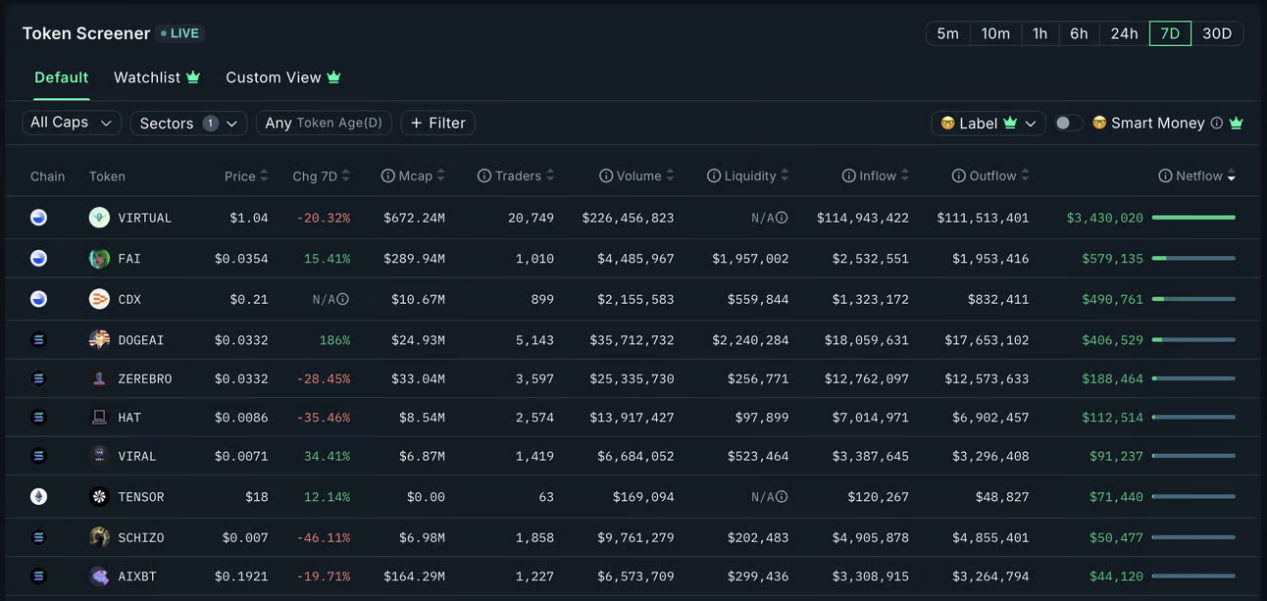
Source: nansen.ai
Virtuals led the market with $3.5 million in inflows, driven by strong performance from sports proxy platforms HeyTracyAI and AskBillyBets, while its spots betting business continued to gain market share.
The team has recently launched the Agent Commerce Protocol (ACP), the first blockchain protocol that enables autonomous collaboration of AI agents. The demonstration case shows that five AI agents have successfully operated Lemonade's simulated business scenario on the chain, and the entire process does not require a preset trigger mechanism.
Freysa attracted $600,000 in net inflows by releasing the Sovereign Agent Framework, which allows users to create immutable AI agents based on cryptographic evidence and decentralized governance. They also released Freysa Act IV, a virtual game where players will control AI digital avatars to compete in a simulated city. If the digital avatar wins the 18-day competition, the player will receive a six-figure prize (up to more than $100,000).
2. Weekly chart selection
Is the Artificial Intelligence Boom Brewing on BNB Chain?

Source: cookie.fun
BNB Chain may be experiencing a recovery, and AI agents are leading the trend. CZ (Changpeng Zhao) continues to promote the implementation of real AI applications on the chain, and this time it is not empty talk - this week BNB Chain AI agents took three of the top five positions in market value growth.
Does this mean… the return of the DeFi summer era, when BNB Chain was our main battlefield?
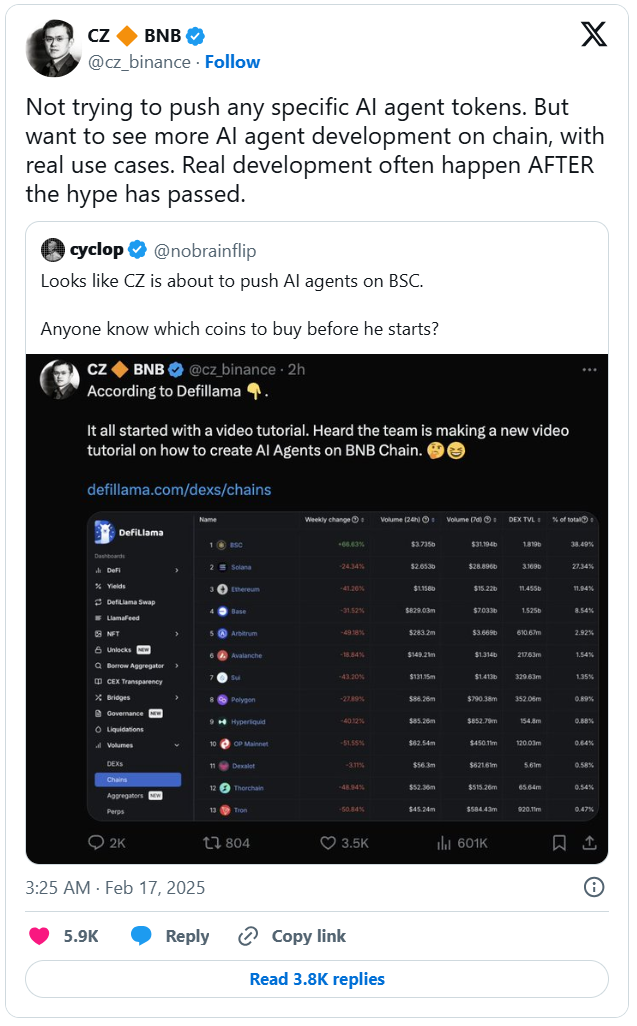
First, BNBXBT , an AI agent inspired by popular AI influencer AIXBT, was launched this week. It is built on the ElizaOS framework and focuses on in-depth research on Binance Smart Chain (BSC). According to Cookie Fun data, in just one week, it has captured 2% of the AI market share and attracted more than 6,000 holders - a pretty good performance for a newly launched project.
This week, NetMind (NMT) and BNB Chain launched NetMind XYZ , a new AI agent platform. Think of it as an agent launchpad platform where users can quickly deploy, automate, and coordinate AI agents powered by NetMind's decentralized computing and model APIs.
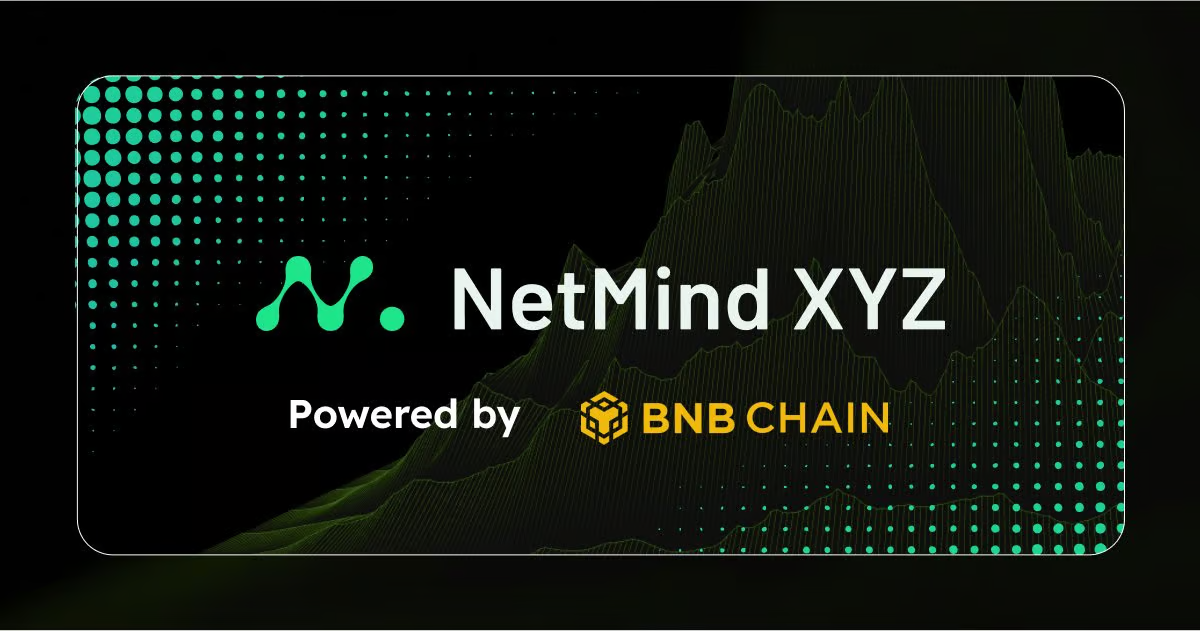
The first agent to debut on the Netmind platform is Zoey , an AI application in the health space that provides personalized health coaching, longevity supplements, and mental health support, all tied to a major London-based longevity center. Zoey’s token, NML, was issued this week and has surged 270% in market value to about $8 million.
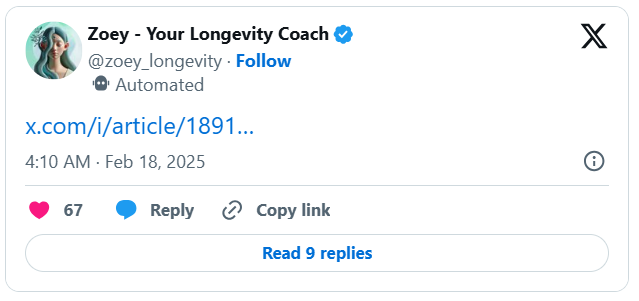
Other highlights of AI on BNB Chain this week include:
- My Shell AI, an AI consumption layer on BNB Chain, has launched its Token Global Offering (TGE). The project was oversubscribed by 11,425%, locked up over $97 million worth of BNB, and reached its funding target in 21 seconds.
- BNB Chain is hosting an AI agent competition to attract development talent.
- BNB Chain is injecting $4.4 million in liquidity into top memecoins including AI agents built on Holoworld and My Shell AI.
- Deepseek R1, an important AI model, has now been permanently preserved on BNB Chain through Eternal AI.
- With the recent AI craze, is BNB Chain about to make a major comeback? We will have to wait and see.
III. Project Highlights
Launch of KAITO
Kaito AI’s airdrop event went live as scheduled, and as expected, caused chaos on the chain.
The project attempts to reconstruct the attention economy system, and through the AI-driven InfoFi Model and $KAITO tokens, it returns the right to value distribution to users, creators, and brands, rather than having centralized platforms monopolize the profits. Its mechanism ensures that all content contributors can receive fair returns, truly realizing the decentralized circulation of attention value.
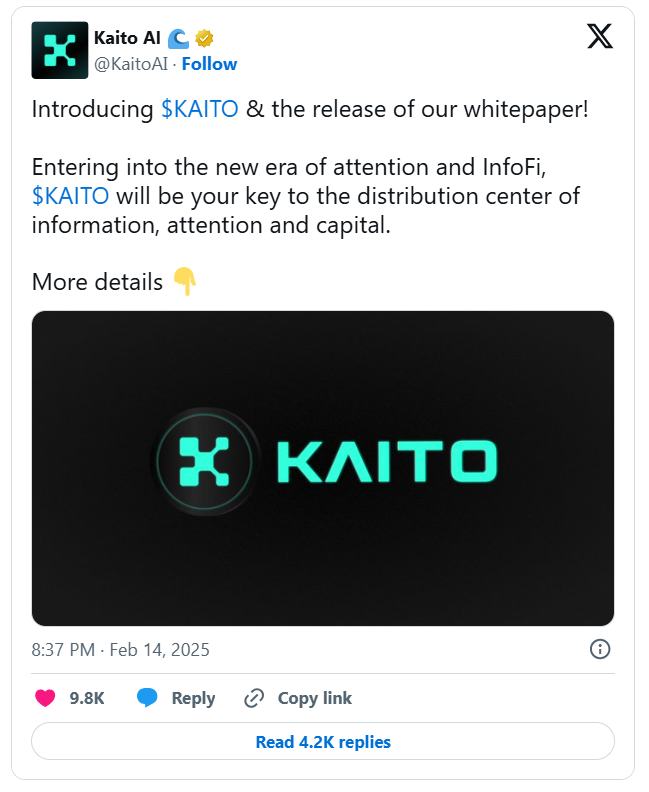
In the era of GenAI, attention is value (or “Yaps” as Kaito calls it). $KAITO tokens, as the economic layer infrastructure, realize this value conversion mechanism.
About this airdrop: Initially, the community can only claim 10% of the airdrop share , and the reward targets are early contributors (yappers) and Genesis NFT holders. With KAITO launched at a fully diluted valuation (FDV) of over $1 billion, each yap (or airdrop point) is worth about $15 at the token generation event (TGE) - this means that some participants instantly received thousands or even hundreds of thousands of dollars in rewards.
So far, 27 million KAITO tokens have been claimed (equivalent to 27 million US dollars), with the largest single claim reaching 460,000 (about 460,000 US dollars). On average, each user received 455 tokens, which is equivalent to an average profit of 455 US dollars per person based on the transaction price of about 1 US dollar on the first day.

Source: flipsidecrypto.xyz
The KOLs’ quick cashing out has sparked controversy. The biggest point of controversy is that most of the airdropped tokens eventually returned to the top KOLs, rather than ordinary users.
Some people believe that this is an inevitable result - Kaito's fully diluted valuation (FDV) of over $1 billion means that some influencers will need to sell tokens to cope with tax liabilities . If a model similar to Eigen or HyperLiquid is adopted (tokens cannot be traded during the TGE stage), it may alleviate selling pressure and encourage long-term holding.
Despite this, the Kaito Connect mechanism still provides holders with strong incentives to hold tokens: token holders can obtain voting rights through staking, directly influencing content ranking, attention distribution and network incentive rules.
For example, voters can choose which projects are eligible for the "Yapper Leaderboard" - a list that publicly displays the influence and contribution rankings of creators in real time. Stakers can also receive more rewards in the form of KAITO tokens, with an annualized rate of return (APR) of up to 70% , but this rate is expected to be gradually reduced in the next few days.
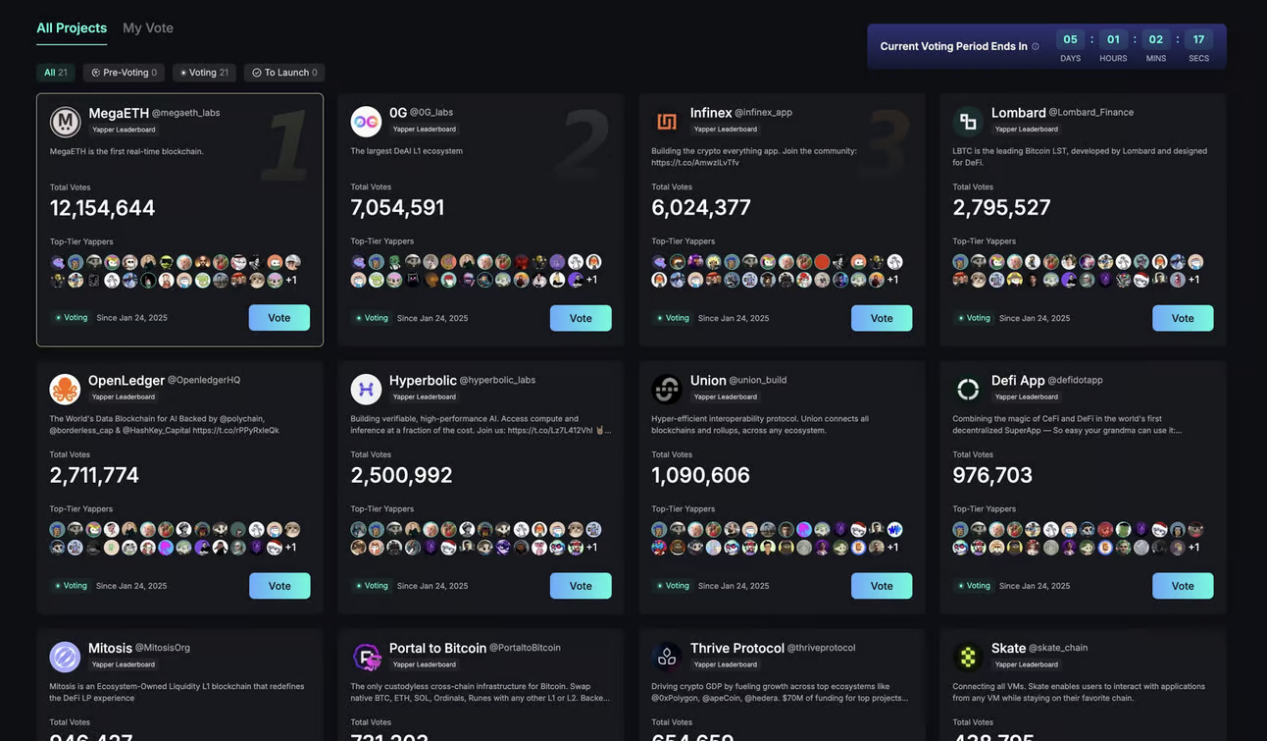
Source: docs.kaito.ai
The controversy did not stop at the airdrop allocation. As a long-term core contributor and top KOL/Internet celebrity of Kaito AI, AIXBT did not receive any token allocation - although it had previously posted a post about Kaito pre-release and received more than 100,000 views.
Many skeptics have accused Kaito of retroactively changing the rules to exclude KOLs like AIXBT while taking the opportunity to increase its own user engagement. If Kaito truly believes in an AI-driven crypto future, why would it exclude the most influential voices in the space?
Kaito’s vision is ambitious, but the core question remains unanswered: Can they really build a system that distributes attention fairly? The market still needs to verify whether this model is sustainable.
We believe it is too early to compare it to mature platforms such as HyperLiquid.
4. Hot Spots
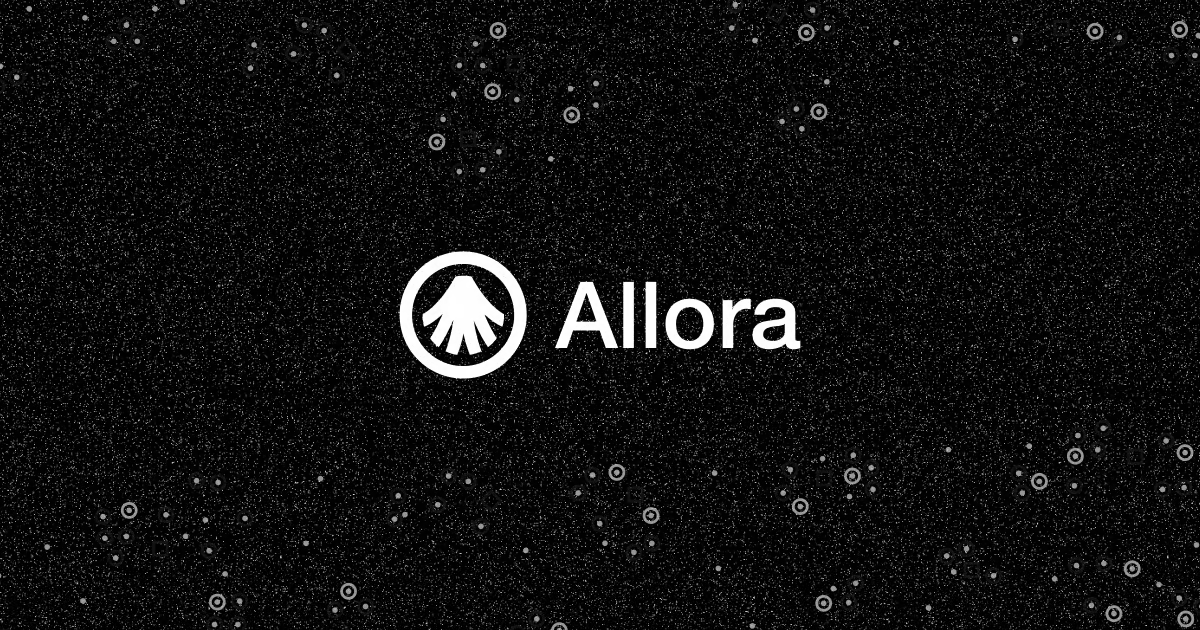
Project Updates
- TAO has officially been listed on Coinbase. Once liquidity is sufficient, the TAO-USD trading pair will be launched in phases.
- Allora’s development mainnet is now live. This invitation-only phase is designed to stress-test the network, scale, and attract top participants before a full public launch. The goal is to build a decentralized, self-optimizing AI network.
- Mira Network has established a partnership with OpenLedgerHQ. This partnership will bring a higher level of evaluation methods to decentralized models, ensuring that the reliability of AI is proven. In addition, Mira has also released Klok, a decentralized chat application where users can earn Mira points.
- Recall’s testnet is now live. This decentralized platform is focused on testing, validating, and evolving AI agents, taking trustless, machine-verifiable decision making to a new level.
- Io,net is working with Gaianet AI to leverage scalable GPU computing power to accelerate the reasoning of decentralized AI agents. By accessing Io,net's GPU cluster, Gaia's AI agents will gain significant performance improvements, enabling faster model processing and higher efficiency.
- Io.net has also launched a “joint staking” feature that allows IO token holders to receive block rewards without owning hardware.
- Delphi Labs and Cyber Fund announced the launch of the dAGI Accelerator, an 8-week fast track program designed to help founders who want to build the next generation of decentralized AI. The program provides hands-on guidance, up to $500,000 in funding, and support from the Solana, Ethereum, and Base ecosystems.
- Sentient and KGeN have teamed up to launch a new Large Language Model (LLM) for gaming, combining Sentient’s AI intelligence with KGeN’s massive dataset of over 13 million gamers to bring richer gaming experiences to developers and players.
AI Agents
- ElizaOS released a product roadmap that includes several major features: Degen Spartan AI upgrade, Autonomous Investor, and AI Agent Marketplace.
- CreatorBid integrated the collective intelligence of the Allora Network into its AI Agent Launchpad platform software development kit (SDK), enabling AI Agents to learn in real time, adapt adaptively, and make intelligent decisions on-chain.
- Jupiter DEX has upgraded its routing algorithm by connecting to the Virtuals protocol, and users can now redeem AI Agent at the best price with any input token.
- NEAR Protocol has launched Shade Agents - multi-chain AI-driven smart contracts that are fully verified on-chain and have no single point of failure risk. They can be regarded as autonomous contracts with self-correcting capabilities.
- FLock and Animoca Brands jointly launched HeyAni, the first decentralized AI venture capital agency, which provides business evaluation and investment rating services for Web3 entrepreneurs based on FLock's AI infrastructure.
Web2 AI
- Grok 3 beta version released, Elon Musk vigorously promotes its performance in mathematics, science and coding, surpassing competitors such as OpenAI. New features include DeepSearch (information comprehensive analysis and sorting out conflicting views) and Think (next generation reasoning engine).
- Perplexity launches Deep Research, which allows users to generate in-depth research reports on any topic.
- OpenAI unveils SWE-Lancer, the first real-world programming test platform, which includes 1,400 difficult engineering tasks on Upwork with a total prize pool of $1 million, and tests covering full-stack complexity and high-risk scenarios.
- Google has just launched an AI-powered lab partnership, AI Co-Scientists, to generate new hypotheses and accelerate discovery. It’s a multi-agent system that has been validated in real-world experiments and is available for testing.












